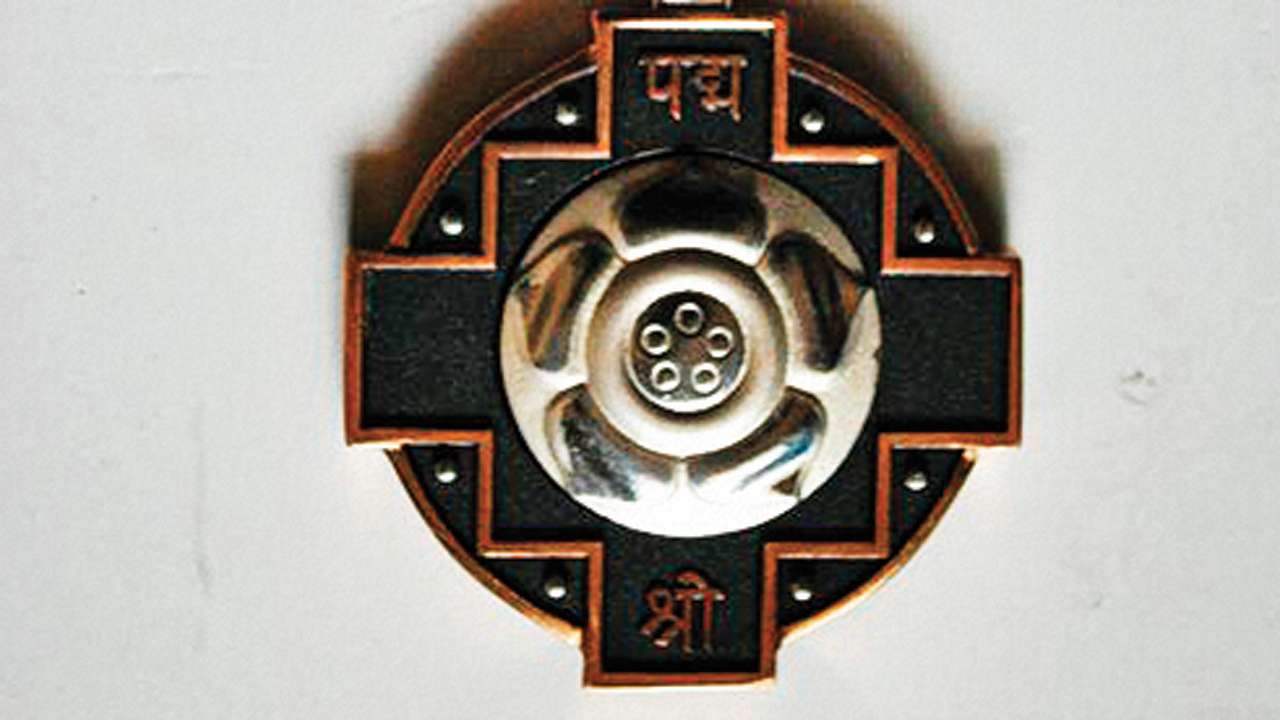
The Padma Awards have never been free from controversy. Whispers of patronage and indiscreet lobbying behind the scenes has meant that accusations of ‘favouritism’ and ‘politicisation’ have created a taint around the awards — one that will not be easy to remove.
There is no doubt that this year too the awards will have its share of naysayers. But the fact that the Centre has chosen to remove politics as far as possible by rejecting a vast number of candidates nominated by senior politicians across the country, has meant that the awards will no longer be seen as rewarding someone who has passed a ‘political loyalty test.’
Of the 35,595 nominations received for the awards in January 25, recommendations of eight state governments, seven governors and seven Union Cabinet Ministers, one of whom included Finance Minister Arun Jaitley, did not find mention in the final list. Looking at the shortlist, there is no doubt that truly worthy candidates have been chosen. Drs Rani and Abhay Bhang whose work in bringing down infant mortality in Gadchiroli, Maharashtra — one of the poorest districts in India; Subhashini Mistry from Bengal who built a hospital for the poor, despite being a daily wage earner; Lakshmikutty a 75-year-old tribal woman from Kerala who creates 500 herbal medicines from memory have all been fittingly awarded and rewarded.
The outstanding merit of the candidates can be seen by the fact that there has been no outcry this time like there was in the past especially when controversial Sikh hotelier Sant Singh Chatwal received the Padma Bhushan in 2010 despite having a number of court cases against him. In fact, the only thing that some critics have complained about is the large number of foreigners being awarded this year.
From Japan, Russia and the US, 16 foreigners have been awarded with 10 from ASEAN countries. But not only are these candidates free from controversy, they have all taken a deep interest in India. For instance, the late Russian diplomat Alexander Kadakin was an known Indophile, instrumental in boosting India-Russian relations throughout his life. Fluent in Hindi and English, Kadakin began his India stint as a junior diplomat in the 1970s where he served as a translator for Leonid Brezhnev and continued his love affair with the country. He knew prime ministers from Swaran Singh to Indira and Rajiv Gandhi to Atal Bihari Vajpayee to Narendra Modi, striking close personal bonds with many of them. On the ASEAN front, some analysts have argued that the focus on eminent personalities from these countries is a ‘soft power’ bid to woo allies and counter China’s growing reach in the region.
This argument seems a little far fetched. Building relations with neighbours through honouring their citizens is a goodwill gesture but certainly not something that would dictate a country’s national policy. As a result, the Padma awards should be seen for what they are — a bid to honour eminent Indians and those foreigners who have been friends of India throughout their lives. It is fitting that these awards do exactly that this year.